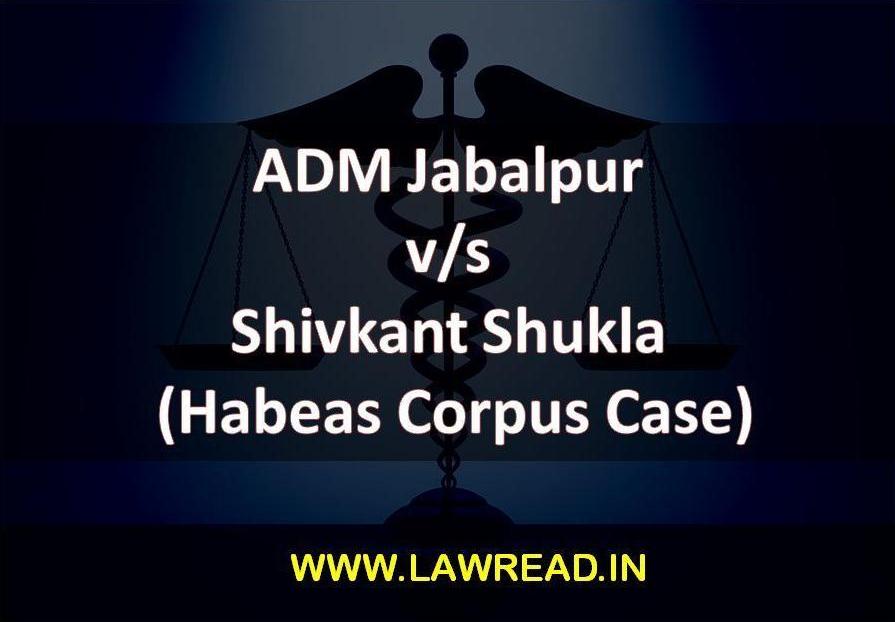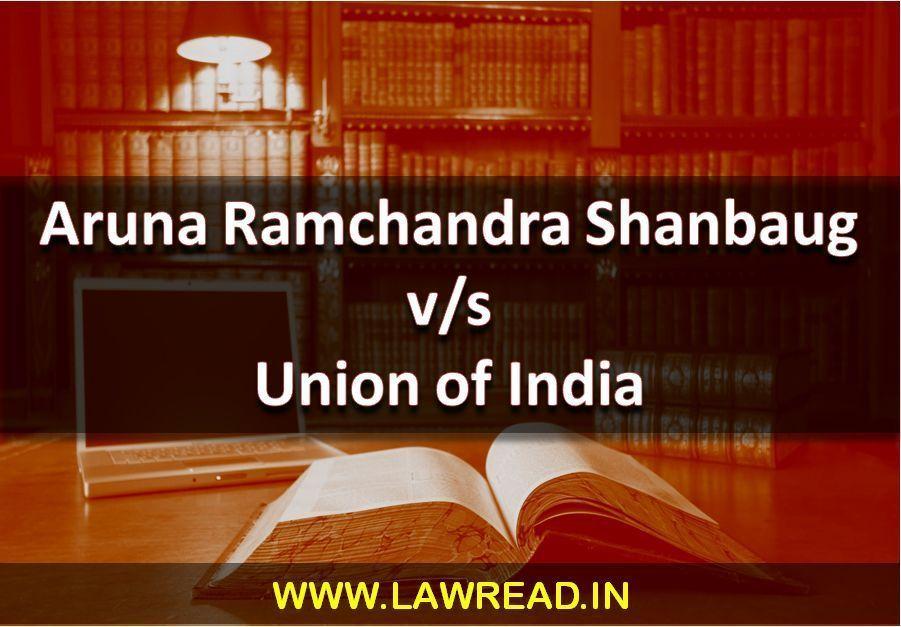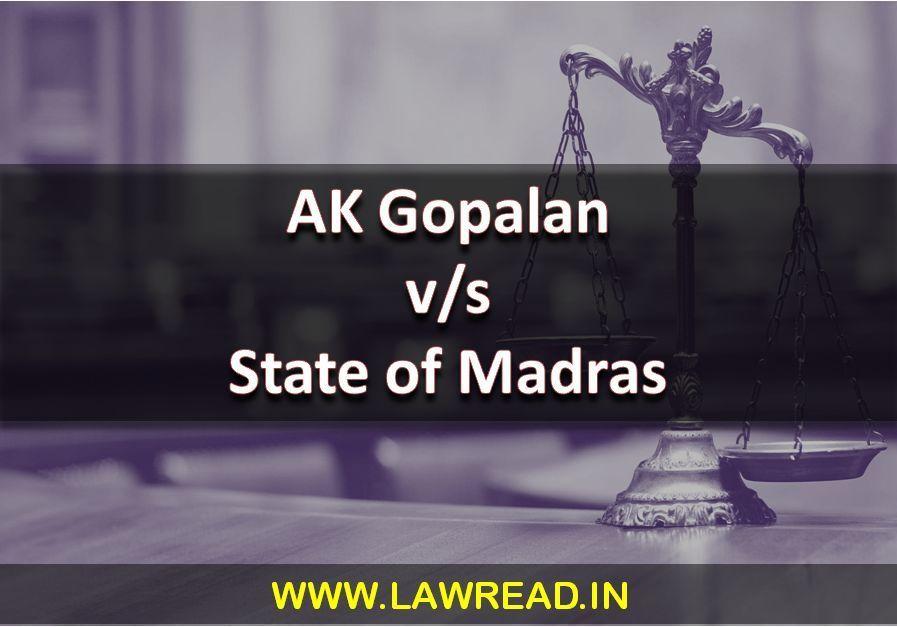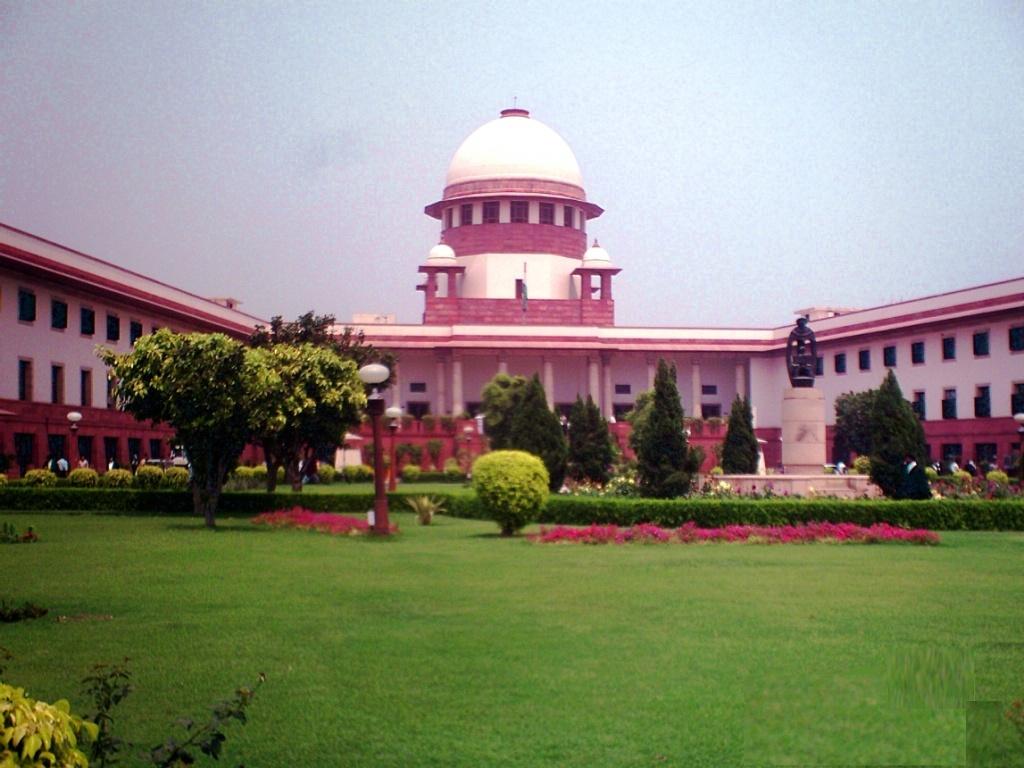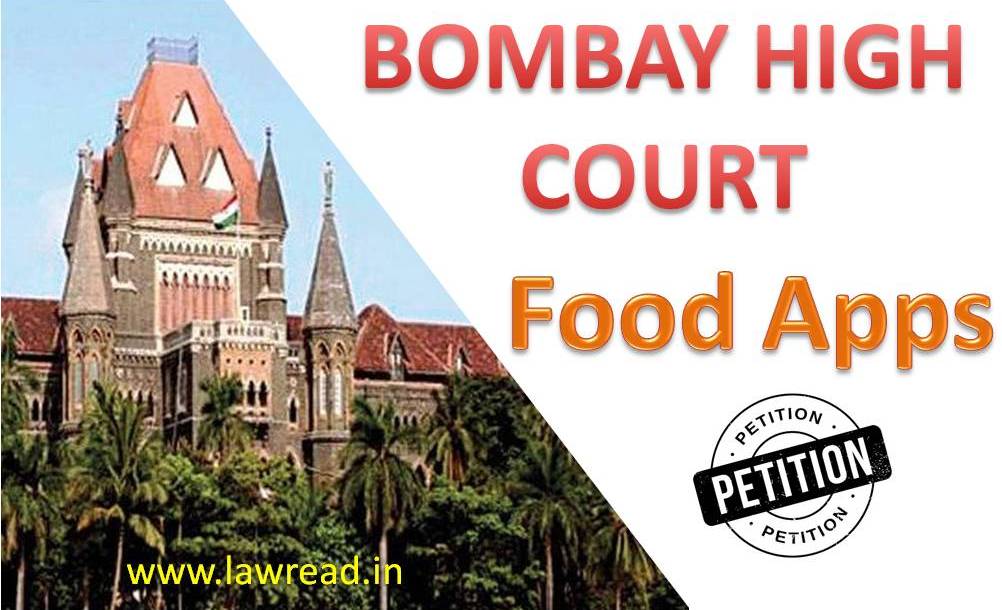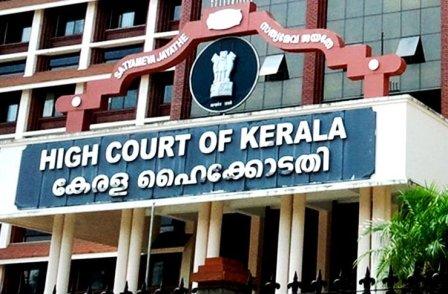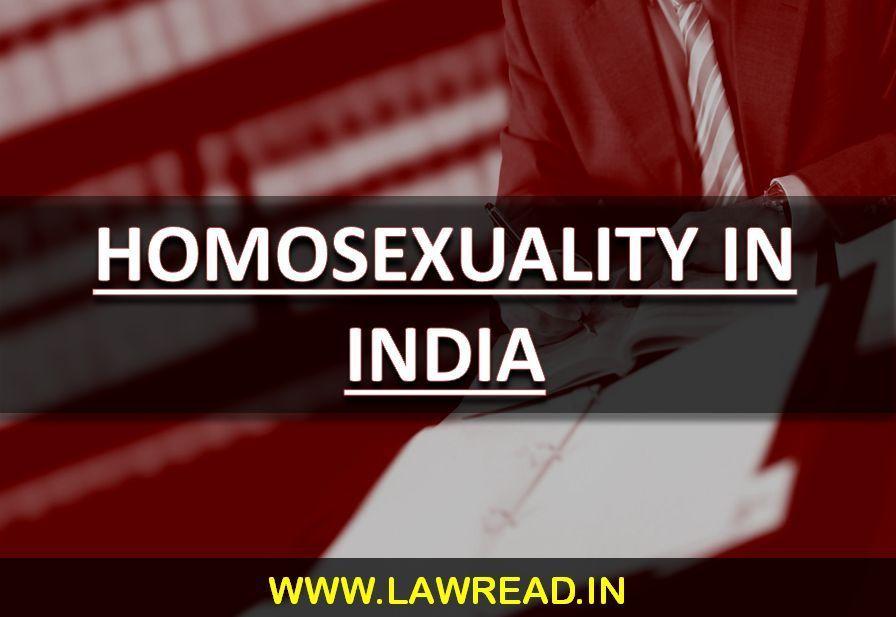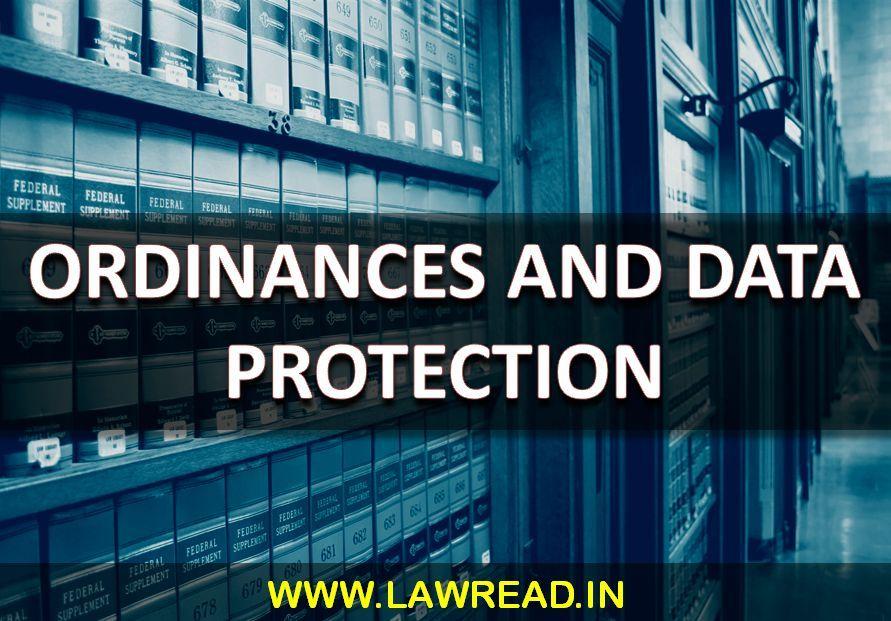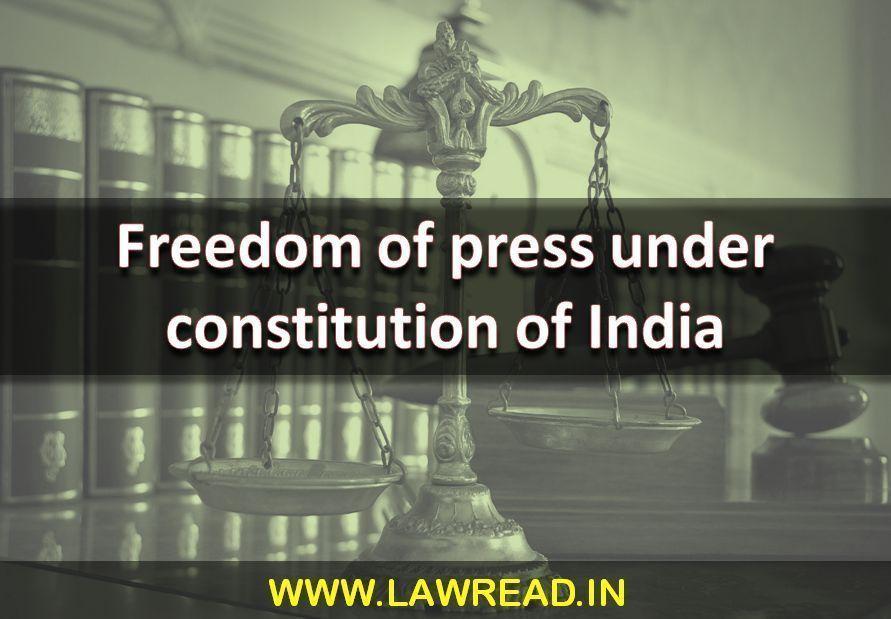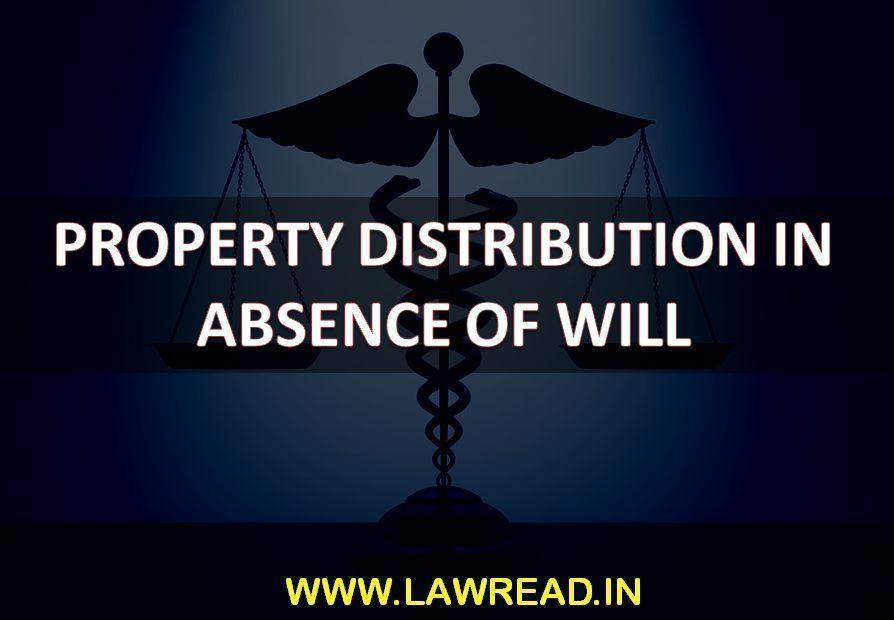Anuradha Bhasin v Union of India (2020)
Title of the case:- Anuradha Bhasin v Union of India
Citation: AIR 2020 SC 1308[1]
Court: Supreme Court of India
Bench: Hon’ble Justice N. V. Ramana, Justice Subhash Reddy, Justice B. R Gavai
Petitioner: Anuradha Bhasin
Respondent: Union of India
INTRODUCTION:
The part and importance of the internet in a person's life and government rights regarding internet curtailment has been specified in the case analysis of the case "Anuradha Bhasin v/s Union of India". The Court held that the freedom of speech and expression and the freedom to practice any profession or carry on any trade, business, or occupation through the internet is a Fundamental Right protected and guaranteed under Article 19 of the Constitution. That's why this case is so important. The court relied on the test of proportionality and reasonableness in the case and clarified that all the orders of the Government must be made public.
FACTS OF THE CASE:
The affair emerged with the Security Advisory issued by the Civil Secretariat, Home Department, Government of Jammu and Kashmir starting to shorten their stay and make safe and secure arrangements to go back. Consequently, Educational institutions and offices were also shit down until further orders. Until further orders, the internet services, mobile connectivity, and landline were completely shut down on August 4, 2019. The President of India on August 5, 2019 passed Constitutional Order No. 272 providing all the provisions of the Constitution of India to Jammu and Kashmir confiscated it from the special status enjoyed since 1954. Due to existing situations, the District Magistrate passed the order prohibiting the movement and public gathering, seizing breach of peace and tranquility under Section 144 of CrPC on the very same day. Implying to these restrictions, the Journalist Movements were restricted and this was argued under Article 19 of the Constitution which guarantees freedom of speech and expression and freedom to carry any trade or occupation. The legality of internet shut down and movement restrictions are questioned under Article 32 of the Constitution in the Supreme Court of India. Anuradha Bhasin, Editor of Srinagar Times, the Petitioner, asserted that in today's era internet is a vital part of our lives and the prohibition on internet usage affected the freedom of the Press and the right to the freedom to carry our any profession under Article 19.
ISSUE:
1. Can the Government claim exemption from producing all the orders passed under Section 144, CrPC, and other orders under the Suspension Rules?
2. Is the freedom of speech and expression and freedom to practice any profession, or to carry on any occupation, trade, or business over the Internet a part of the fundamental rights under Part III of the Constitution?
3. Is the Government’s action of prohibiting internet access valid?
4. Are the imposition of restrictions under Section 144, CrPC valid?
5. Is the freedom of the press of the Petitioner in W.P. (C) No. 1031 of 2019 violated due to the restrictions?
ARGUMENTS:
a) Petitioners Arguments
1. Petitioners confronted that there were some trades or occupations which completely depend upon the internet. This method of trade via the internet promotes consumerism and the availability of choice.
2. They asserted that the freedom of trade and commerce on the internet is constitutionally protected under Article 19(1) (g), subject to the restrictions provided under Article 19(6).
3. They also argued that the prohibitions were neither reasonable nor proportional to the aim of the policy.
4. It was challenged that “public order” is different from “law and order”. The restrictions were imposed due to danger to law and order. However, apart from that, neither of these two expressions was at risk before passing the order.
b) Respondents Arguments
1. Respondents argued that the prohibitions were necessary to curb terrorism in Jammu and Kashmir.
2. Respondents asserted that the general free speech standard could not be applied to the internet as the internet is so vast.
3. It was said that just a few selected websites could not be targeted, but instead, the internet as a whole was shut down.
4. Lastly, they also argued that the claims made on the stringency of the restrictions were grossly exaggerated.
JUDGEMENT:
The court proclaimed that the internet is indispensable in this modern scenario, hence, Freedom of Speech and Expression and Freedom to Practice any Profession, Occupation, or Trade through the medium of the internet is a part of Fundamental rights under Part III of the Constitution. The court held that the government cannot contend any exception for providing any order before the court which is passed under Section 144 of CrPC. Under Article 19(1) (a) and Article 19(1) (g), the freedom of speech and expression and the freedom to practice any profession or carry out any trade, business, or occupation on the internet possess Constitutional Protection. Including the test of proportionality, the prohibitions on these Fundamental Rights should be in accordance with the decree under Article 19(2) and (6) of the Constitution. Under the provisions of the temporary suspension of telecom services (Public Emergency or Public Services) Rules, 2017, an order suspending internet services for an unlimited or unspecified period of time was outlawed. The suspension could be for a temporary duration only. The court did not abolish the curtailment on the internet services and the movement of the citizens, however, the judgment delivered broadened the explanation of the freedom of speech and expression by including the right to access the internet services which was an important component of the Article which could only be restrained under the circumstance of National Security. This judgment laid down principles for future suspension orders and their procedure to prevent the state of abuse of power instead of providing instant solace to the citizens affected due to these orders. The power under Section 144 CrPC was exercisable not only where there exists present danger but also when there was an apprehension of danger.
Justice Ramana stated,
" In view of the facts, and considering that the petitioner had now resumed publication this court did not deem it fit to indulge more in the issue than to state that government are required to respect the freedom of the press at all times. Journalists were to be accommodated in reporting, and there was no justification for allowing a sword of Damocles to hang over the press indefinitely."


